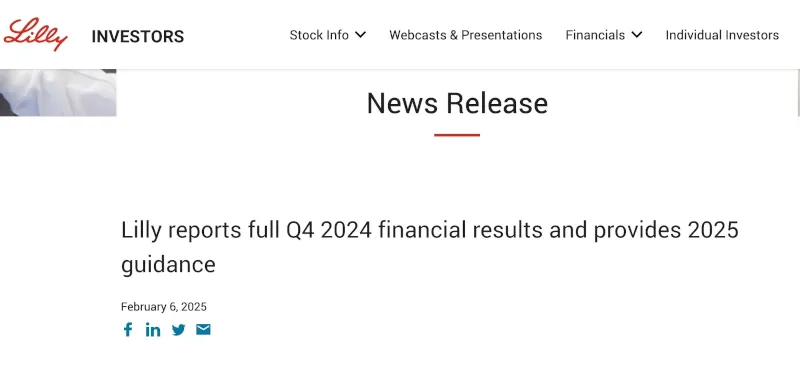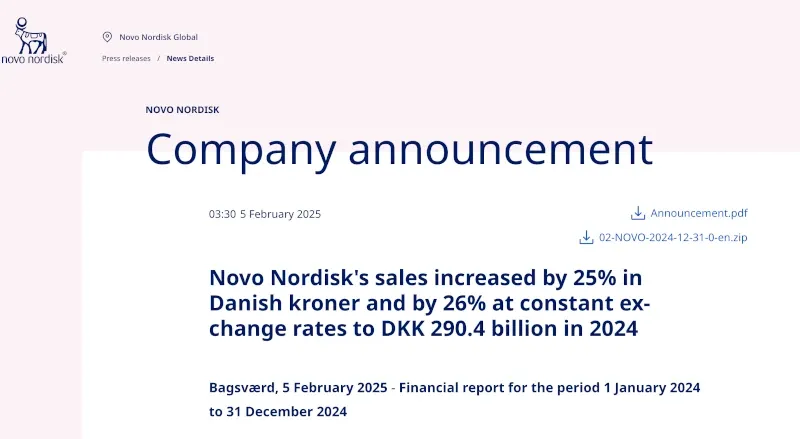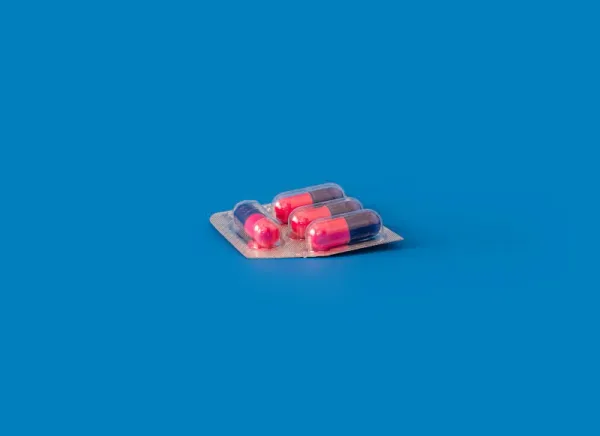Shortages threaten corporate profits, likely to end soon
We think the GLP1 shortage is going to end in the first half of 2025. Here's why.

GLP1 Receptor Agonists are tranformative treatments. The balance of positive and negative side-effects achieved by GLP1s like Semaglutide (Ozempic, Wegovy, Rybelsus) and Tirzepatide (Mounjaro, Zepbound) have never been witnessed before in the weight management space.
Check out our quick explainer
As most know, these drugs are so effective and highly demanded that they are in shortage. Amongst other things this means that compounders and suppliers may take measures to manufacture the drug themselves – this is how a growing amount of consumers (and many new consumers) purchase the drug.
This would all sound like good news, if it wasn't for the tension between the shortage and corporate profits for Novo Nordisk and Eli Lilly.
Novo Nordisk and Eli Lilly report continued explosive demand for GLP1s
Both Novo Nordisk and Eli Lilly have reported stellar demand in their earnings:


Want to read more about the company announcement and the prediction of the shortage ending? The rest of this article is no longer available for free – if you'd like to read the rest of our analysis, check us out on Substack:




